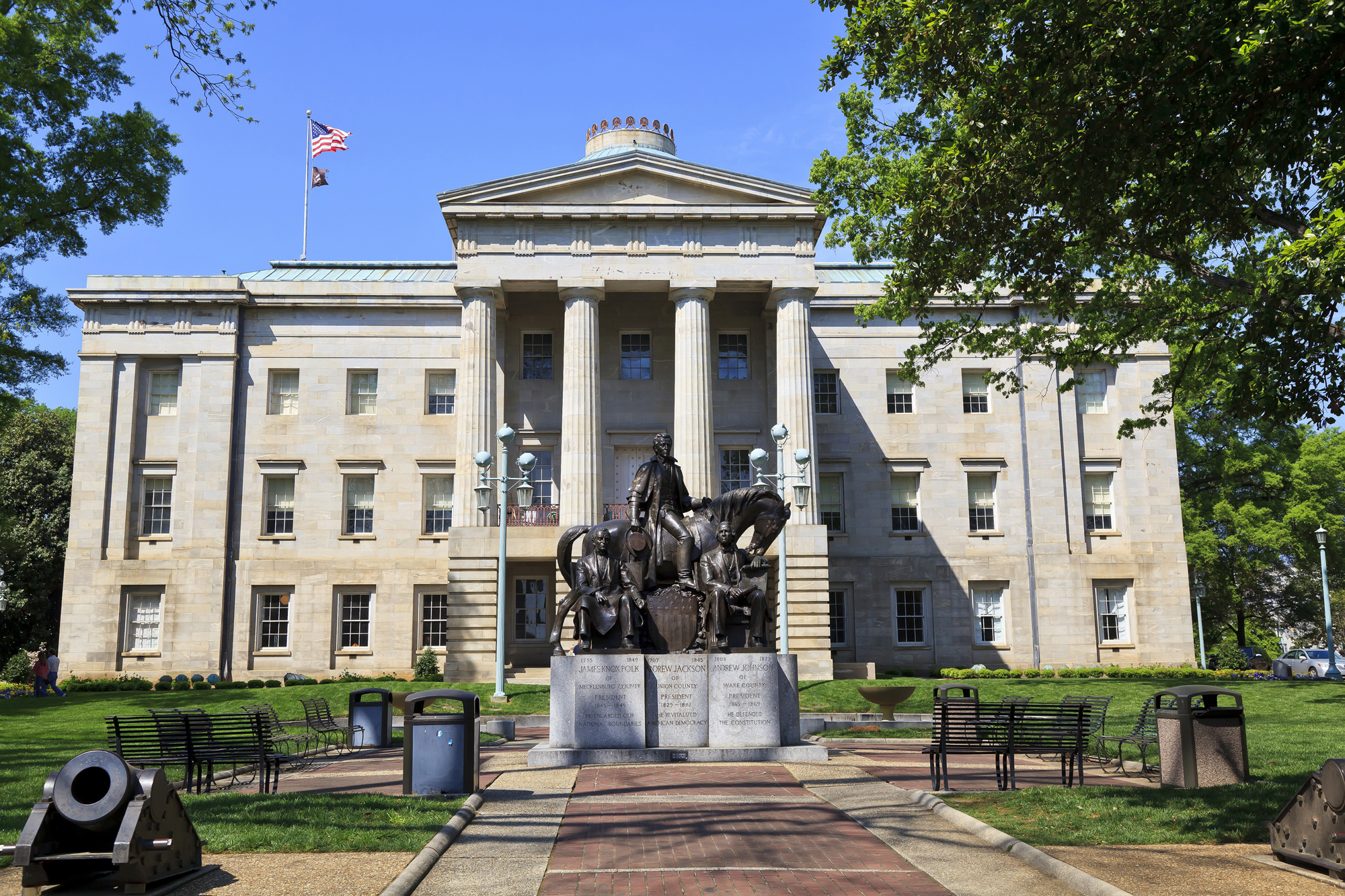
WASHINGTON (BP)–Voters in Royal Oak, Mich., defeated by a 2-1 margin a referendum May 15 that would have extended special legal protection to homosexuals.
Gary Glenn, president of American Family Association’s Michigan organization, said what happened in Royal Oak is consistent with what has happened elsewhere when equal rights measures to give a certain group special rights are put before the public.
The overwhelming decision in Royal Oak will set a precedent for other towns in Michigan that are facing similar measures, Glenn said.
“It is a consistent pattern, that while politicians cave in to pressure from homosexual activists for special protective status laws, they are routinely and soundly defeated,” Glenn said. “So we think it will be a bellwether all across the state of Michigan where other communities are facing similar measures.”
Glenn, known for his outspokenness on homosexual issues in Michigan, said his effort in Royal Oak was part of a larger campaign to rid the entire state of special status laws, such as those in Kalamazoo and Traverse City.
Sean Kosofsky, director of policy and victim services for the Detroit-based Triangle Foundation, a homosexual advocacy group, said the Michigan AFA “scared” the city council “to put the issue to the people instead of voting on it themselves.”
“Local ballot measures are a tool the right wing uses to confuse voters,” Kosofsky claimed. History shows that when such measures go before the general public, they are never voted into law, he said.
The issue, he said, began over concerns about the way police were treating some homosexual members of the community. The city council set up a committee to consider an equal rights ordinance that made it illegal within the city of Royal Oak to discriminate in housing, employment, public accommodations and public services in the city based on such factors as religion, height, weight, race or sexual orientation.
Answering Kosofsky’s allegations, Glenn said homosexuals in Royal Oak have enjoyed equal rights with others in the past, but when they claimed discrimination was commonplace, it was unsubstantiated. “Homosexuals in the past have described Royal Oak as a good place to live, so they contradicted themselves by bringing up these allegations,” Glenn said, adding, “When the commissioner asked for their volumes of documented discrimination cases, they turned up nothing.”
–30–
Adapted from a news story by CNSNews.com.




















